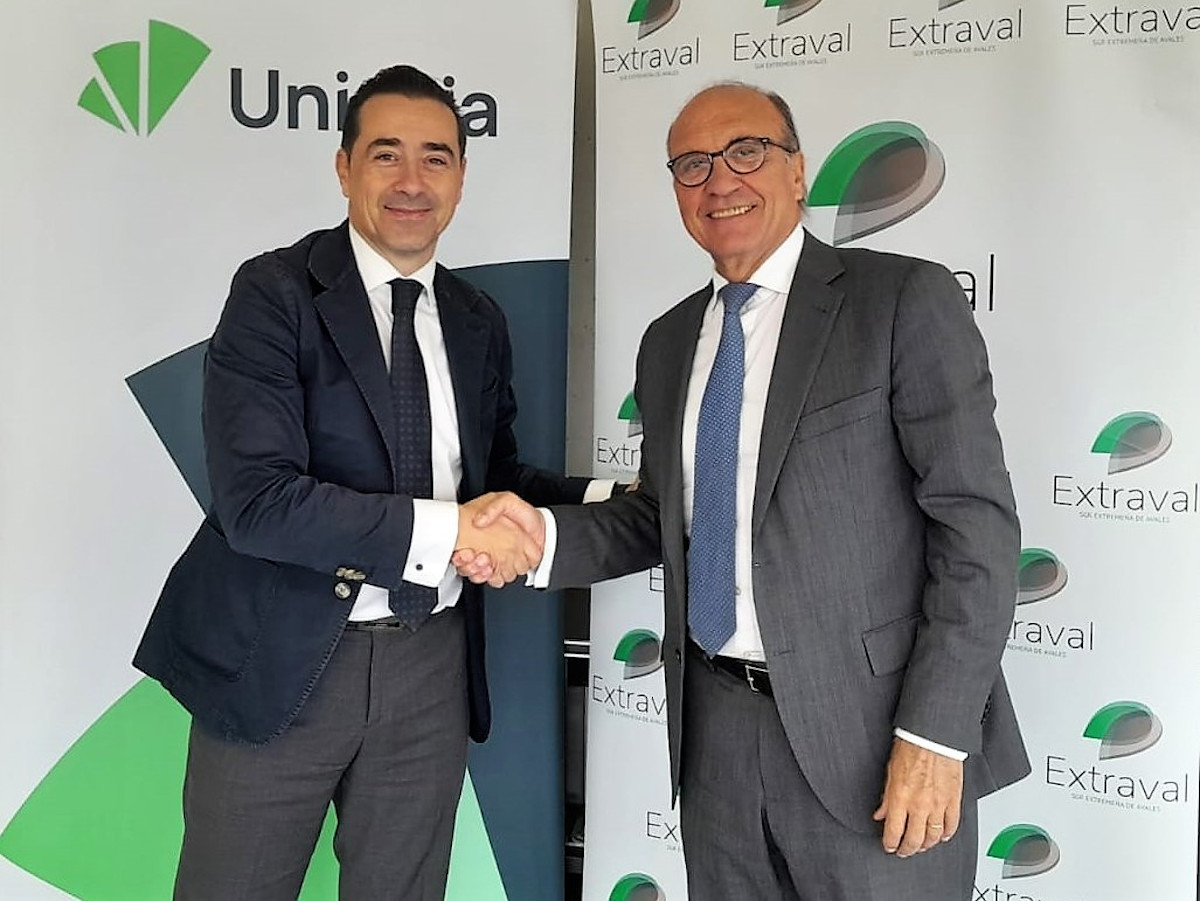Unicaja has joined the three new facilities of the Official Credit Institute (ICO) of the Recovery and Resilience Facility (RRF): 'Companies and Entrepreneurs', 'Green' and 'Promotion of Social Housing'.
These new financing facilities are part of the second phase of the Recovery, Transformation and Resilience Plan, funded by the European Union, within the Next Generation Funds, which aim to reactivate the European economy by supporting, among other levers of change, sustainability.
The deadline for submitting applications for financing under the three ICO RRF facilities is 1 June 2026, and the deadline for formalizing operations is 31 August of that year.
In the case of the ICO RRF 'Companies and Entrepreneurs' facility, its objective is to finance investment and working capital projects that enhance the growth and resilience of Spanish companies, especially smaller ones. It is divided into three tranches: general, tourism sector and public and private universities.
The overall allocation is 8,150 million euros, of which 1,000 million are earmarked for companies in the tourism sector for investment projects (maximum 100%) and working capital needs (maximum 50%, excluding taxes), always in relation to sustainability, digitalization of equipment and strengthening their competitiveness.
Among its purposes are the development of new products or services, organizational or innovation processes or investments aimed at increasing the category of the establishment, provided that they go hand in hand with an improvement in energy efficiency or water resource management.
Regarding the ICO RRF 'Green' line, it is endowed with a maximum amount of reimbursable funds that Spain can obtain from the European Union of 22,000 million euros. Its objective is to finance projects of companies and also of households, provided that they involve boosting the transition to a greener economy.
In general, loans can be, among other purposes, for the development of sustainable transport projects, energy efficiency, renewable energies, decarbonization of industry, water management, circular economy and adaptation to climate change. In the specific case of households, financing can be used for investments that include an energy efficiency improvement component, as well as for the purchase of electric vehicles.
Finally, the ICO 'Promotion of Social Housing' facility allows Spain to mobilize a maximum amount of up to 4,000 million euros. It is designed to encourage private investment and improve access to financing for the construction and renovation of affordable and energy-efficient social housing.
Social and sustainable policy
By joining these financing facilities and with the support provided through other similar initiatives, Unicaja strengthens its alliance with the public sector and contributes to the economic and social development of its territories of operation, offering its customers sustainable financial products, defined by their environmental, social and governance (ESG) features.
Unicaja stands out for being a solid entity, close and open to society, and for its universal banking and sustainable business model, focused on retail business. Proof of this is, on the other hand, its continuous support to the business sector, so that it can make its projects a reality, as well as promote and modernize its businesses.


